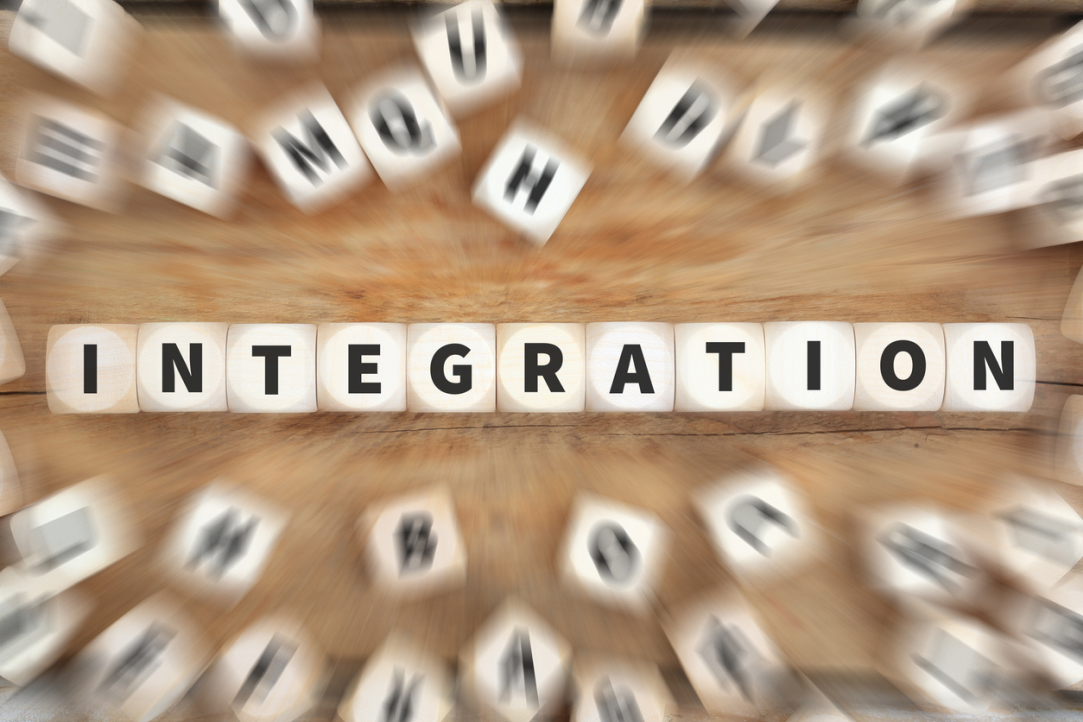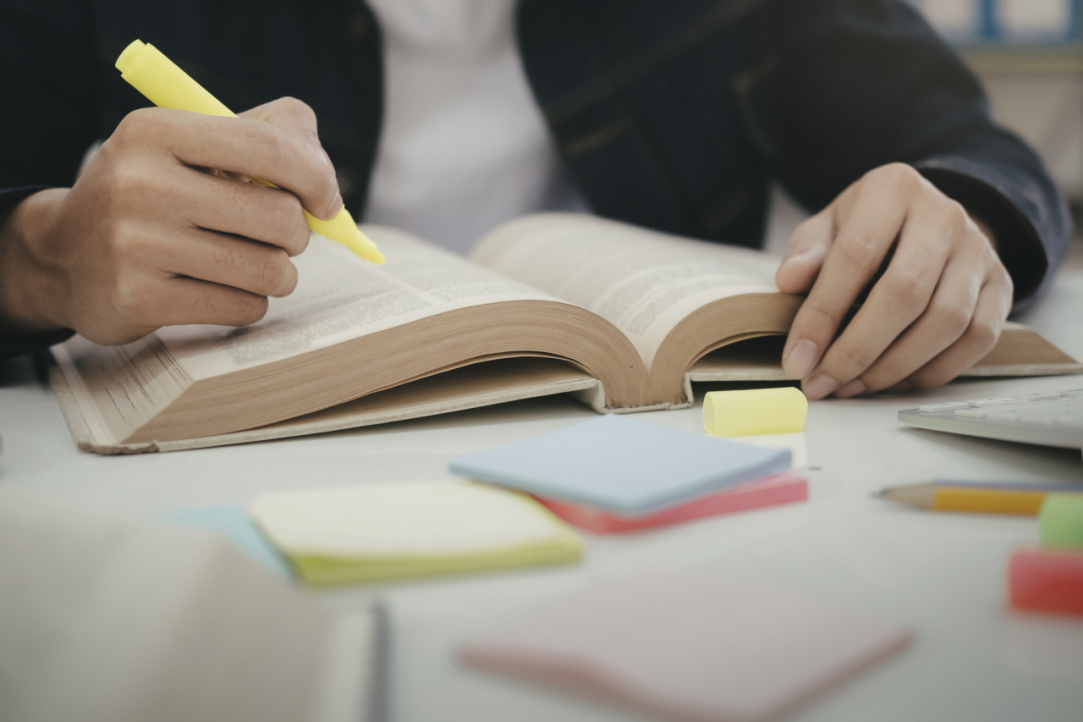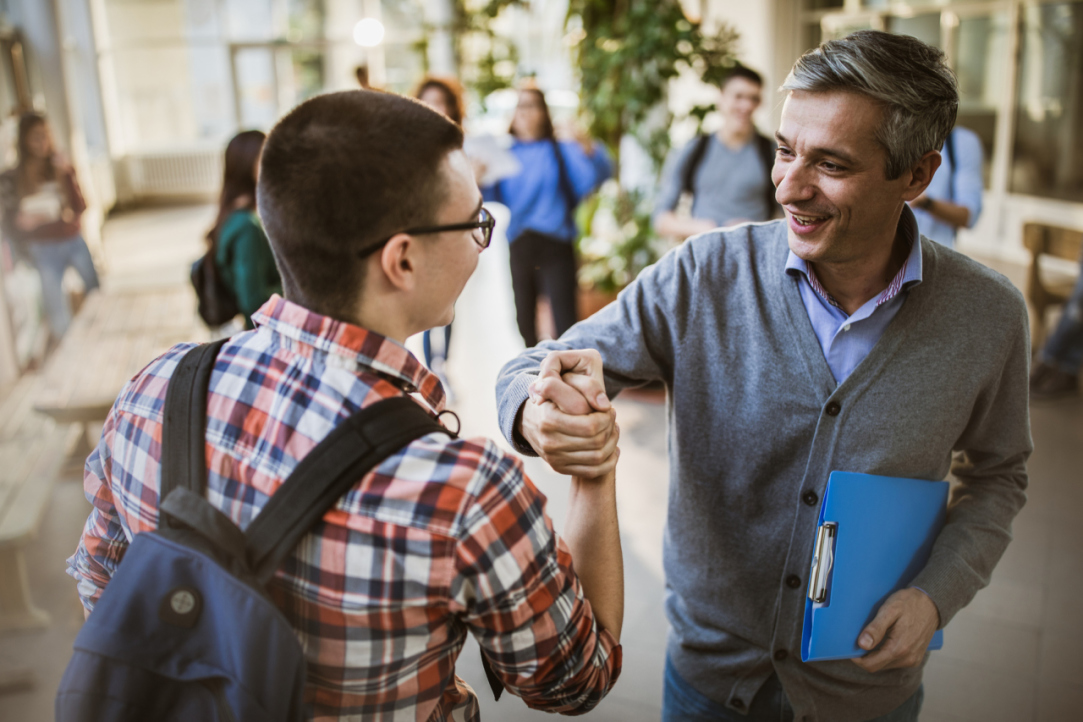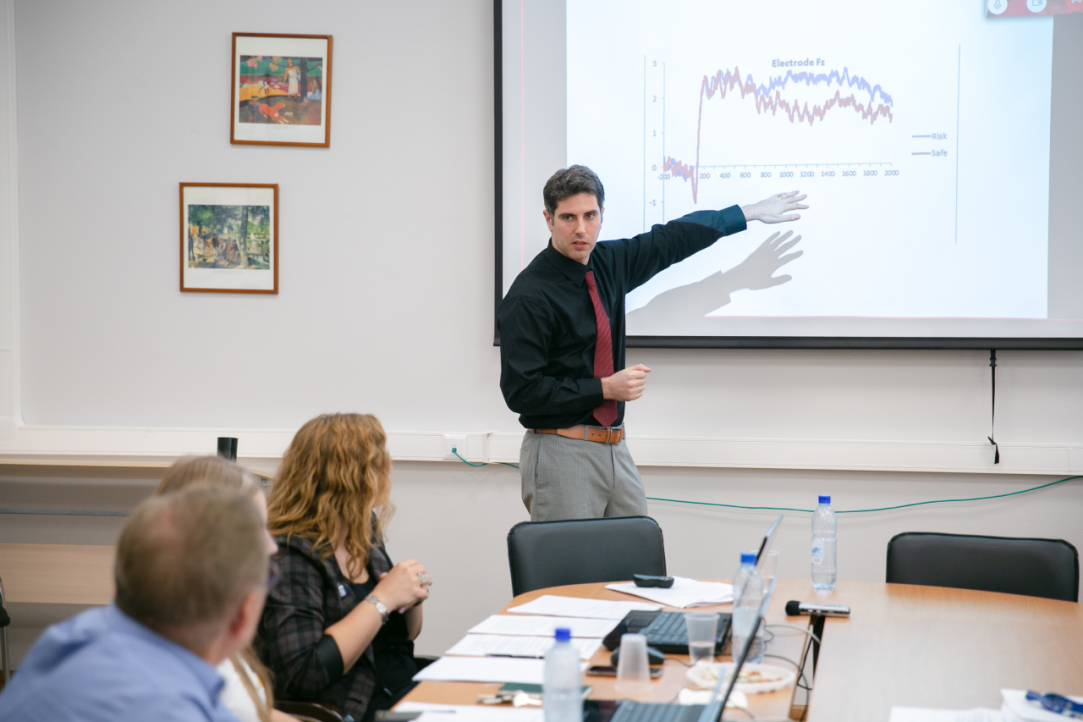
Research & Expertise



.jpg)

There are many strange things in the academic: scientists are researching street fighting math, porn studies, Harry Potter anthropology, and even queer death studies. But not all of these amazing research fields have been widely recognized. IQ.HSE and HSE Student Initiative Support Centre announce an essay competition for Bachelor’s, Master’s and doctoral students of all HSE campuses.
.jpg)
In recent discussion on internationalisation, the role of international students as main drivers has been rightly reconsidered. The 12th issue of Higher Education and Beyond addresses the importance of international students for higher educational institutions and the change they bring.
On May 16-18 the first annual BRICS conference focusing on the interaction of the social sciences were held in National Research University Higher School of Economics.
